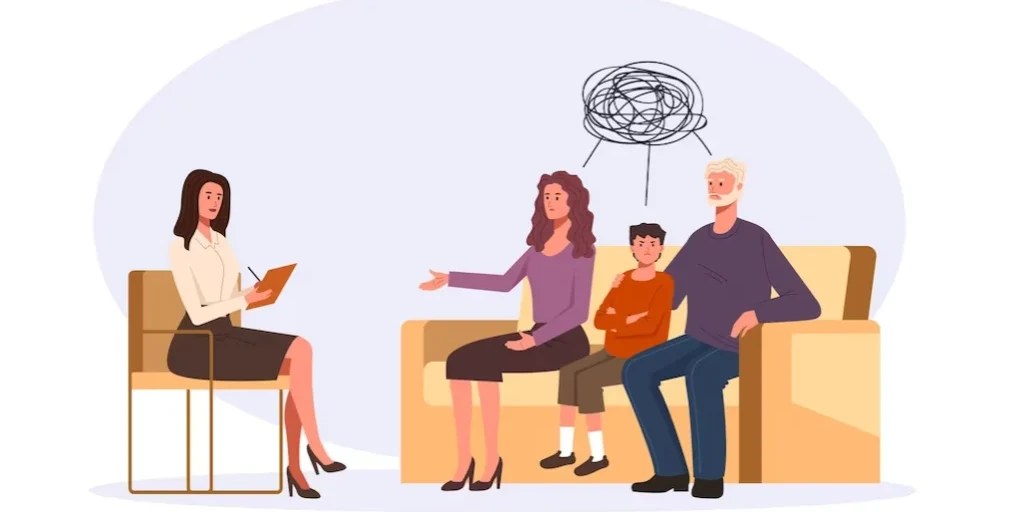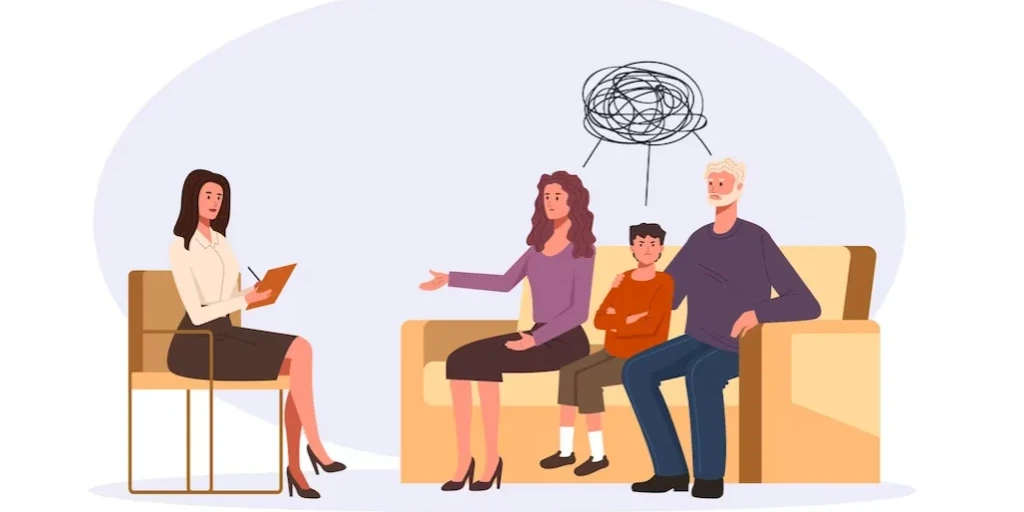24/7 Helpline:
(866) 899-221924/7 Helpline:
(866) 899-2219
Learn more about Klonopin Rehab centers in Castro County

Other Insurance Options

Optima

Lucent

BHS | Behavioral Health Systems

CareSource

Evernorth

GEHA

WellPoint

CareFirst

EmblemHealth

Coventry Health Care

Sutter

Holman Group

American Behavioral

Ceridian

Excellus

Access to Recovery (ATR) Voucher

Magellan Health

Kaiser Permanente

Medical Mutual of Ohio
Beacon















Dimmitt – Outpatient
Dimmitt – Outpatient is a private rehab located in Dimmitt, Texas. Dimmitt – Outpatient specializes ...











